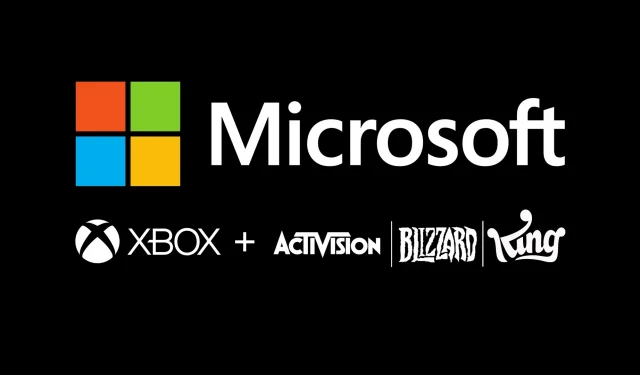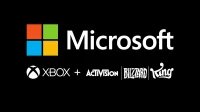The European Union will agree to the acquisition of Activision Blizzard by Microsoft. Promises of licenses granted to competitors would allay fears.
It appears that Microsoft has just passed a major hurdle in its plan to complete its takeover of Activision Blizzard. Indeed, the US giant’s licensing offers to competitors would be enough to allay the European Union’s antitrust concerns that were born in the aftermath of the $69 billion takeover bid. Information provided by Reuters. The EU has previously said it is convinced the acquisition could “significantly reduce competition”in the PC, console and cloud gaming markets.
The European Union will give its consent to the acquisition of Activision Blizzard by Microsoft.
The European Union should not require the sale of assets to approve this merger. That being said, the potential sale of Call of Duty was a real point of controversy; Microsoft is pushing to retain ownership, using licensing deals to appease regulators. The company has pledged to keep the franchise on various platforms for at least 10 years if the agreement is approved; she even promised to bring Call of Duty to the Nintendo console.
Microsoft said it is “committed to offering effective and easily applicable solutions to allay the concerns of the European Commission.””Our commitment to providing long-term, 100% equal access to Call of Duty for Sony, Steam, NVIDIA and others helps maintain the benefits of the agreement for gamers and developers while increasing competition in the marketplace,”a spokesman for the Redmond-based firm said. Reuters.
Licensing promises made to competitors would allay fears.
The company announced the deal in January 2022 to help it take on industry leaders Tencent and Sony in developing its own metaverse. “Games are the fastest growing and most immersive entertainment category on any platform today, and will play a critical role in the evolution of the Metaverse platforms,” Microsoft CEO Satya Nadella said at the time.
Microsoft still needs to appease the US Federal Trade Commission and UK regulators before this acquisition can be completed. The company has until July to do so, or it will have to revise or abandon its project, which will also cost it at least $3 billion in termination fees.


